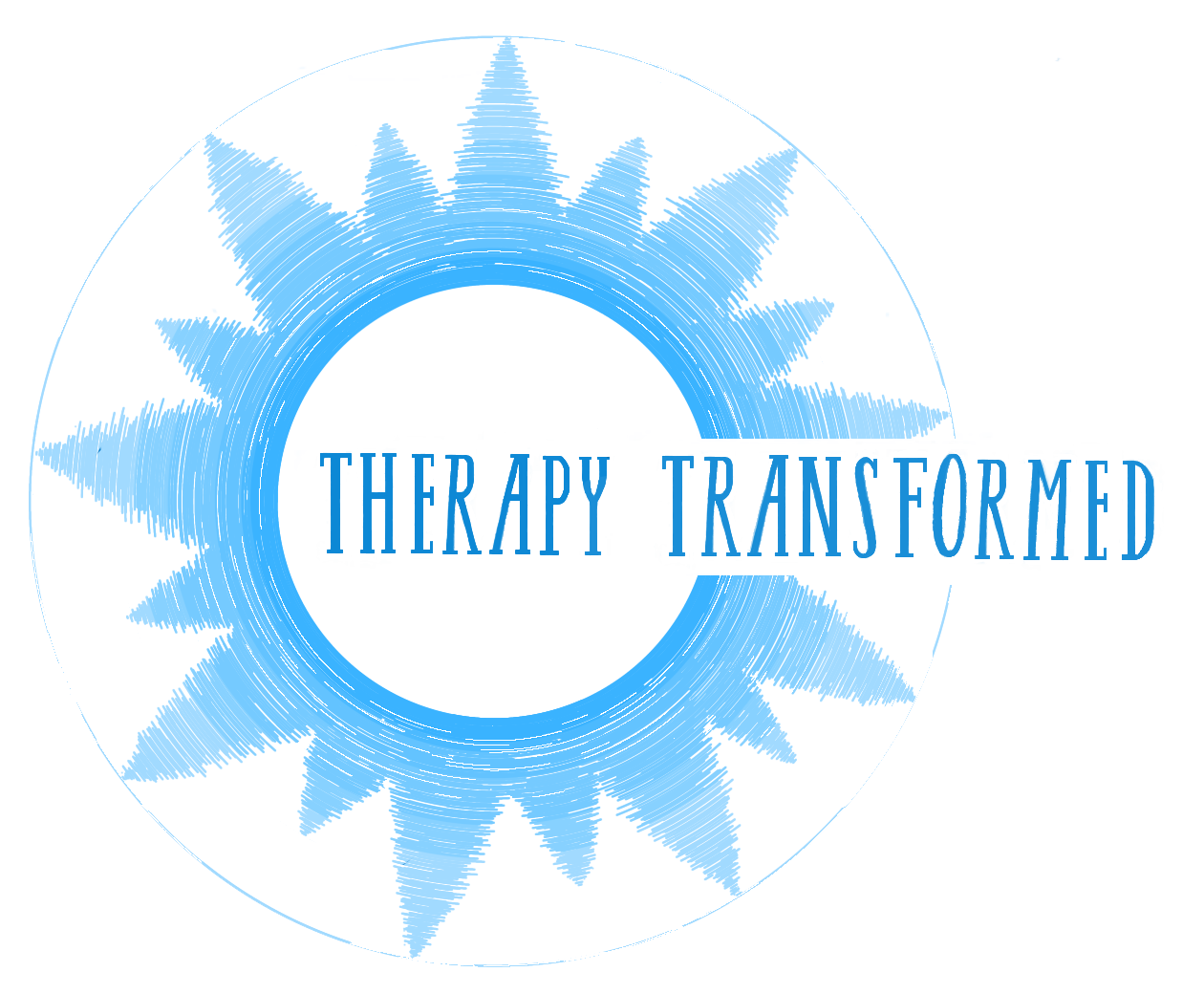 Have you wondered what ketamine treatments are and how they can be helpful? We answer our most common questions here. If you need more information, reach out to us! We’d love to talk to you more about this innovative and promising new treatment.
Have you wondered what ketamine treatments are and how they can be helpful? We answer our most common questions here. If you need more information, reach out to us! We’d love to talk to you more about this innovative and promising new treatment.
What is ketamine?
Ketamine is a type of anesthesia and has been approved for use on humans since the 1970’s. It was first used in the Vietnam War with injured soldiers. Ketamine does not decompress your lungs or your breathing so it is safe to be used in multiple different settings.
Why try ketamine instead of antidepressants and typical psychiatric medication?
Ketamine is a catalyst to allow your body and mind to heal. Research is identifying that individuals who have taken antidepressants for multiple years have stopped receiving any benefit from them due to:
- a) the lack of neuroplasticity in the brain
- b) placebo effect
- c) the plateau effect of medication
- d) serotonin overload
Ketamine creates neuroplasticity in the brain, allowing the serotonin to decompress and dopamine to regenerate. 80% of research studies’ data collection has identified that individuals who have done the standard treatment (6 Ketamine Assisted Psychotherapy sessions within 4-6 weeks) within a 2 year period have not needed antidepressants and have only needed 6 to 12 month “tune-up” Ketamine sessions.
What is ketamine assisted psychotherapy?
In short we call this KAP! It’s exactly what it sounds like – a therapy session

alongside your Ketamine treatment. You go to your ketamine appointment and have a therapist meet with you during the ketamine session. This type of therapy has been researched and approved by the FDA and John Hopkins specifically for Post-Traumatic Stress Disorder (PTSD) and chronic Depression. In addition, research has also found KAP provides significant benefit for chronic and debilitating anxiety, substance abuse, and negative thought cognitions that impact daily life.
Why do KAP in addition to just doing ketamine?
KAP is the new standard of practice. It aligns with ethical and liability standards of care in the medical and therapeutic realms. Ketamine alone, without Psychotherapy, can still have a significant benefit. However, research is showing that Ketamine has longer lasting impacts when trauma, anxiety, depression, and negative narratives are processed concurrently with therapy. And overall, research shows that clients have a better experience through the process.
How do I know if KAP and ketamine are for me?
Talk to your therapist, your medical provider and the doctor who you’d be considering to administer your Ketamine sessions. If you don’t have a therapist or provider but have been struggling with trauma, depression, anxiety, substance abuse or just feel stuck in your thought patterns – consult with a therapist or psychiatrist.
Listen to our KAP specialist, Morgan Gonzales, talk about KAP and all of its benefits.
What does it feel like when you have ketamine?
Ketamine is a psychedelic, meaning it has dissociative properties when administered. What that means for you is that when you are in a controlled psychedelic or “another” conscious state, your mind is able to create and regenerate itself. With the analgesic component, your body is very relaxed. You are in a safe and comfortable clinic setting with medical observation of your vitals. Many describe feelings of being outside of their body. Being outside of your body is a way for your ego to detach emotions from memories. When ketamine wears off, you may have a small amount of tingling in your arms and feet and within a few minutes you are ready to walk and leave the clinic.
Is ketamine for everyone?

No treatment is for everyone. Please consult with a therapist and a psychiatrist to determine if KAP and Ketamine are right for you. Currently, Ketamine has been researched on adults. There is a lack of research on adolescents and children. There may be certain conditions that Ketamine is not best suited for – please refer to your physician or psychiatrist if you have concerns about any medical condition.
Will my insurance pay for it?

Insurance does not cover the standard method of ketamine treatment at this time: IV (Intravenous) or IM (intramuscular) At Therapy Transformed, we partner with a psychiatrist who is a ketamine provider and can offer a financial package for KAP, giving you an affordable option. There are also specific programs that can provide funding up front and low monthly payments. You can ask your provider to talk more about these third party companies to get more information.
What can I expect to feel after ketamine and overall, what will I get out of it?
Everyone is different, because all of us have different minds and bodies. We hope that after 3 sessions each client starts to see significant changes in mood and that after 6 sessions, there is even more progress. We also know that ketamine is not for everyone but allowing yourself to try a journey to another conscious state may provide the catalyst that your mind needs for healing.

Trackbacks/Pingbacks